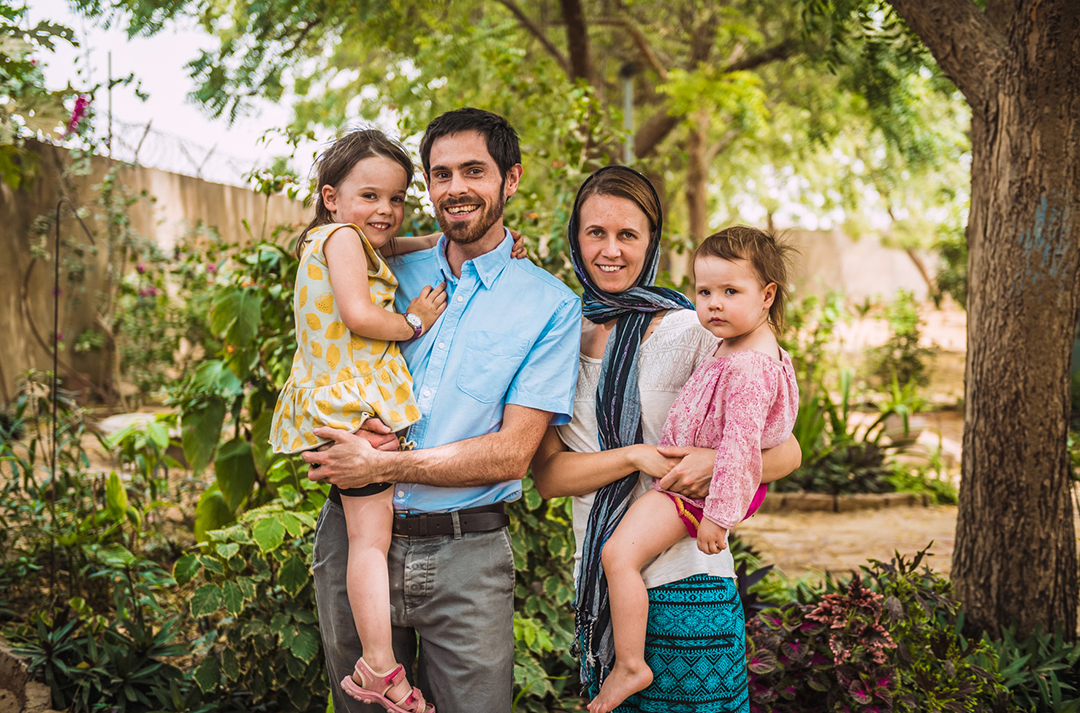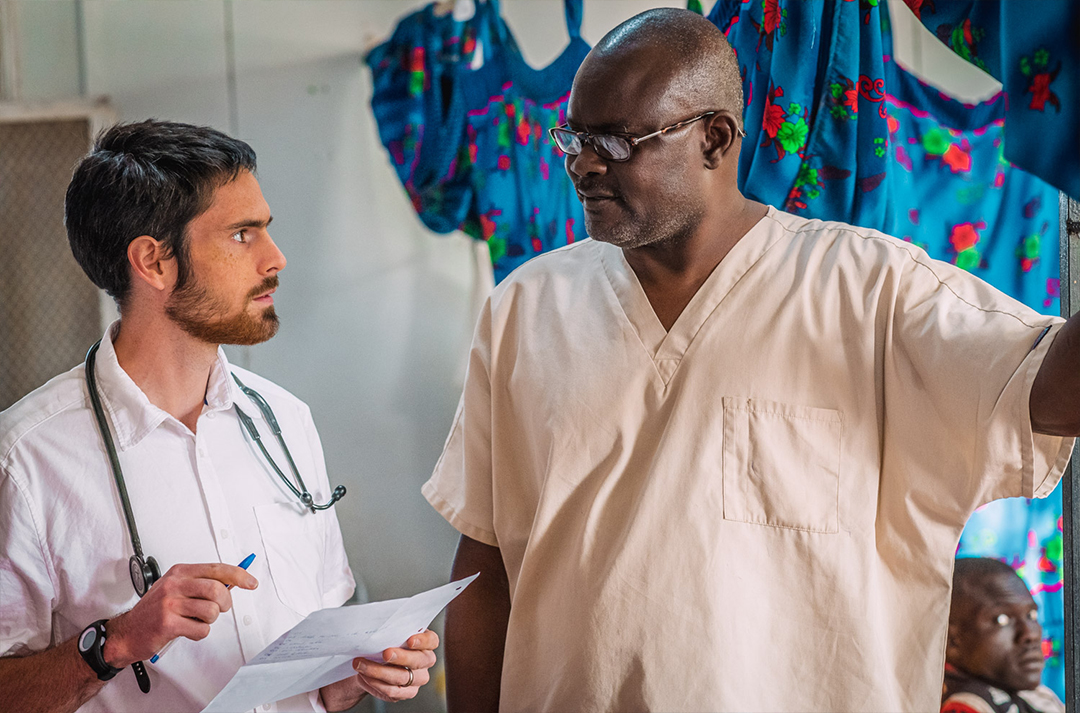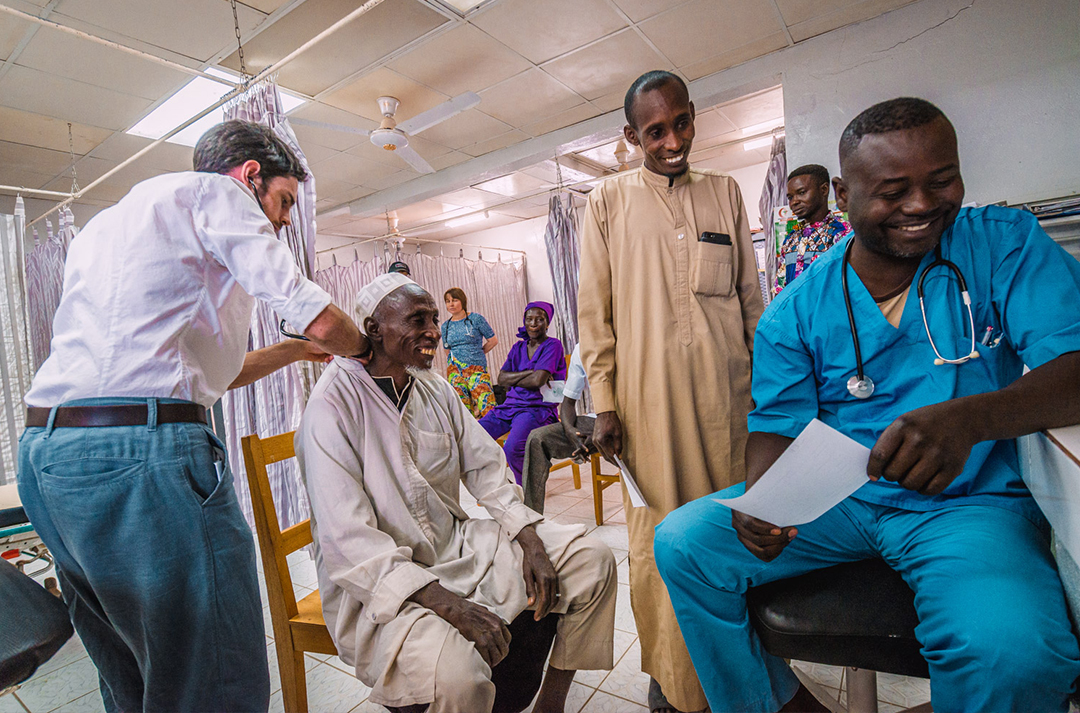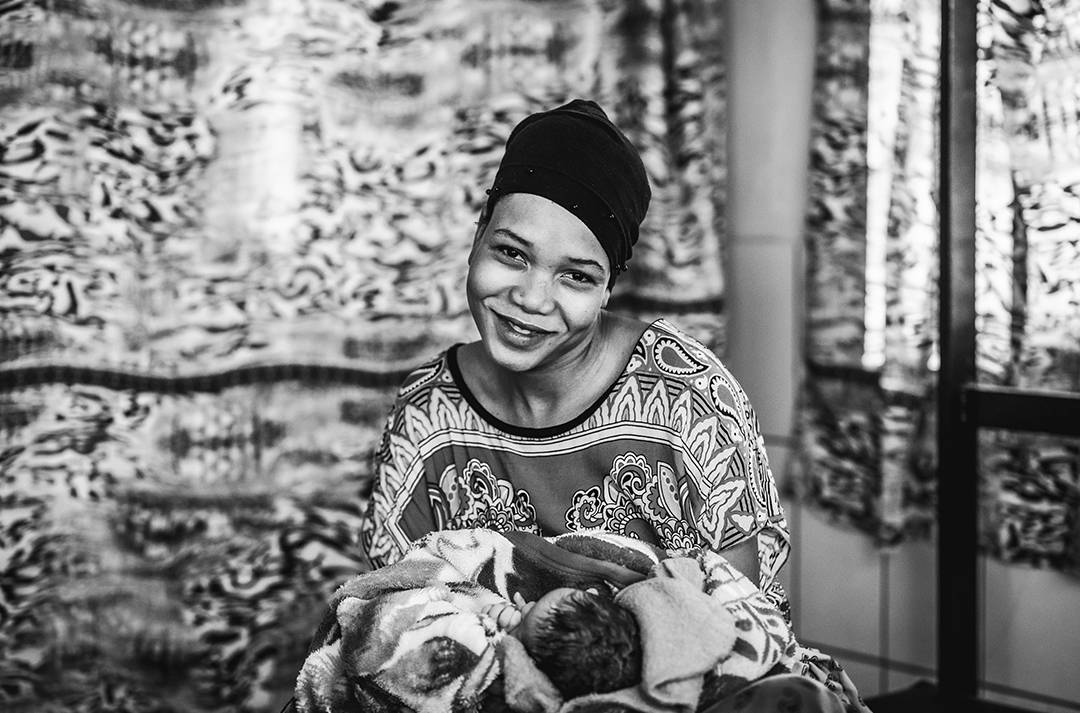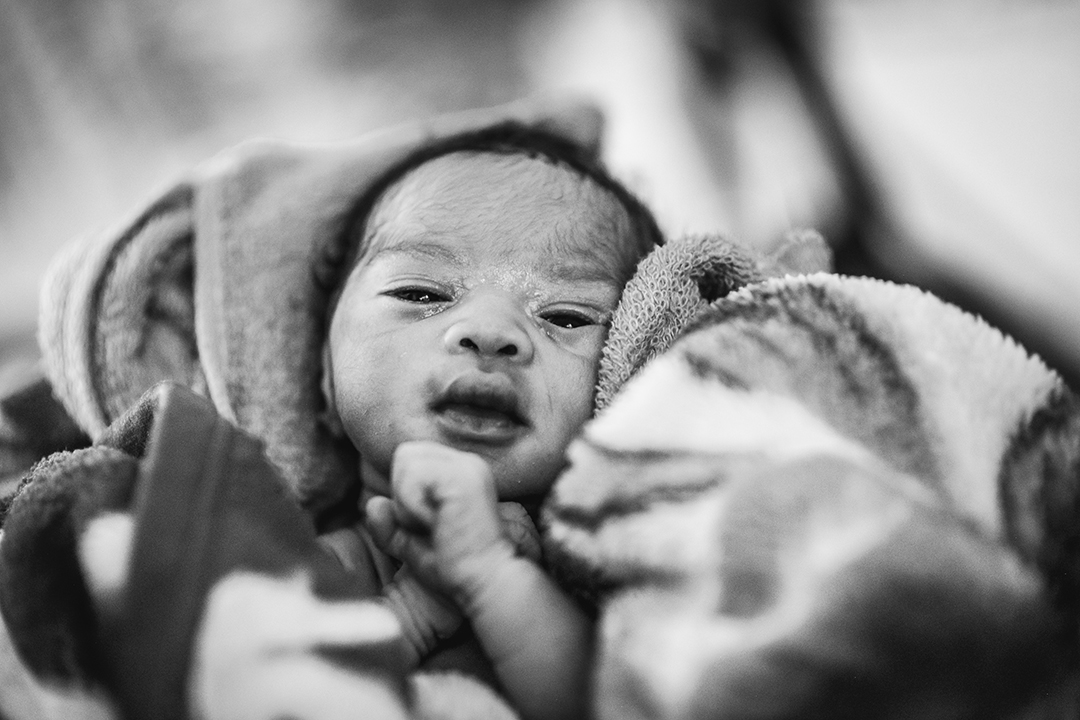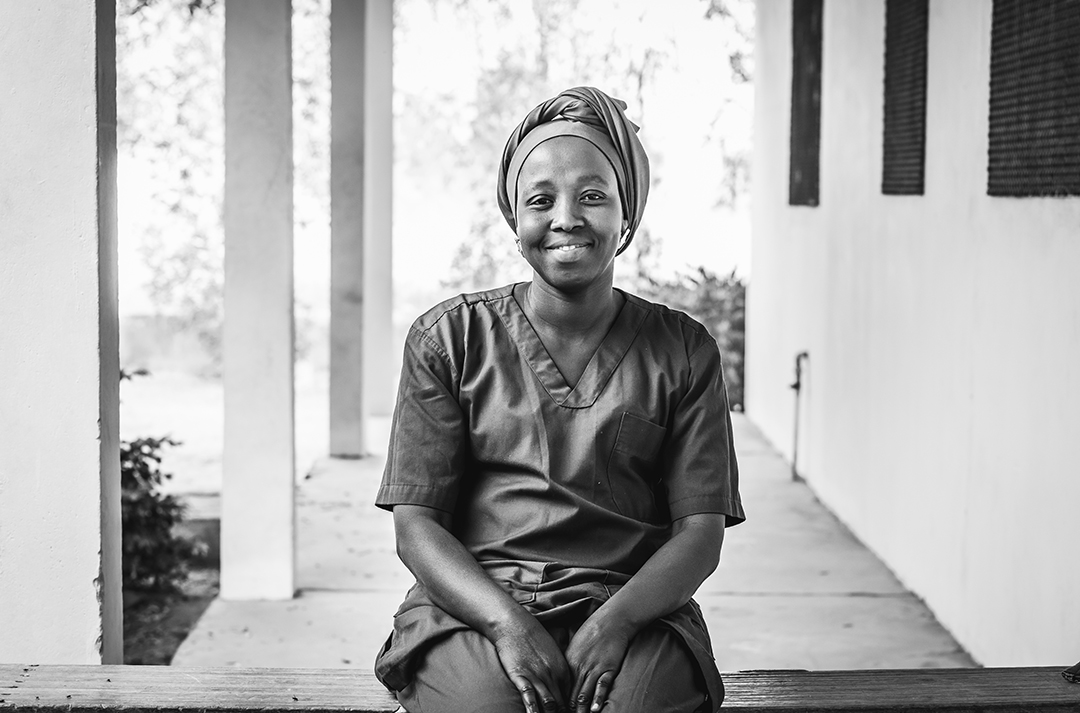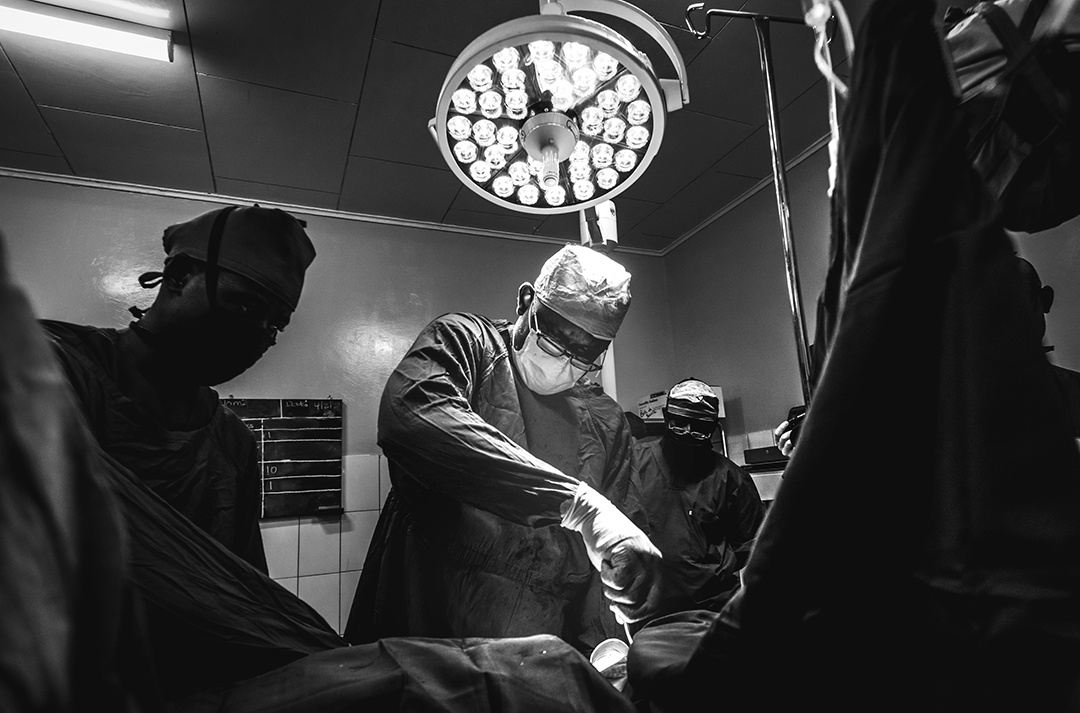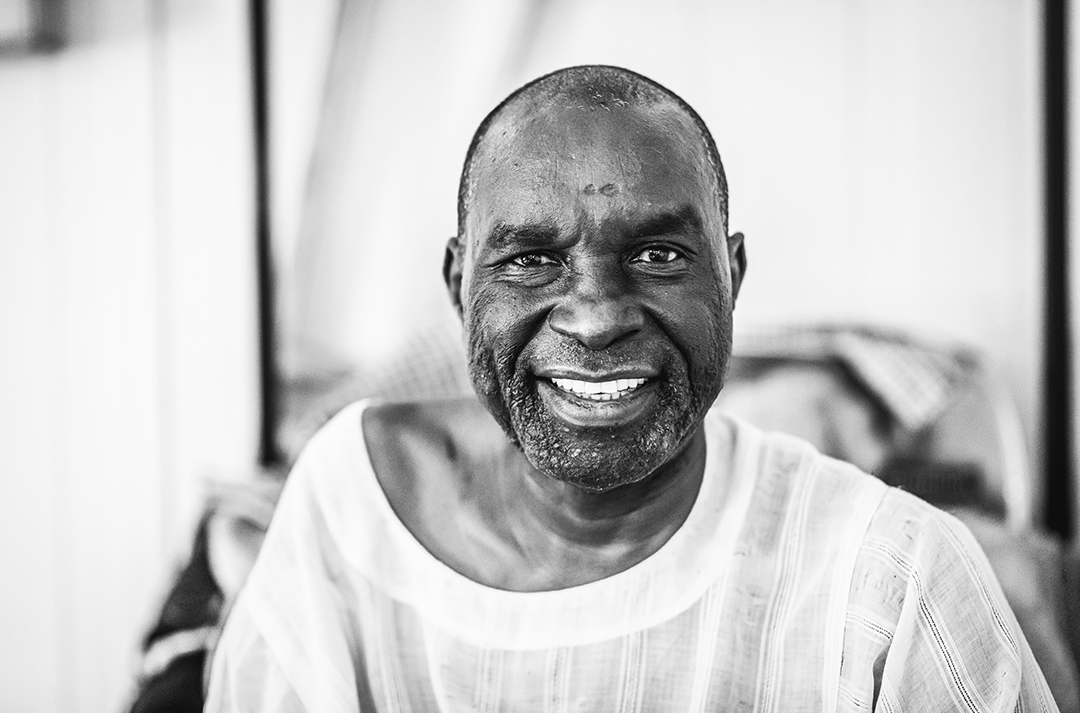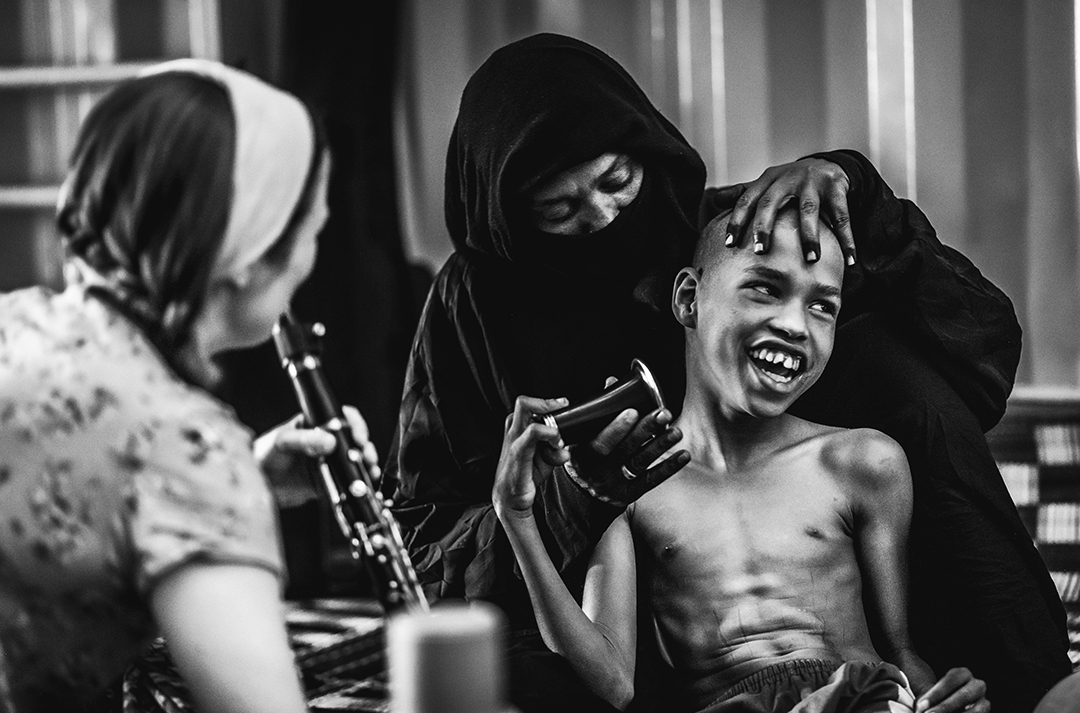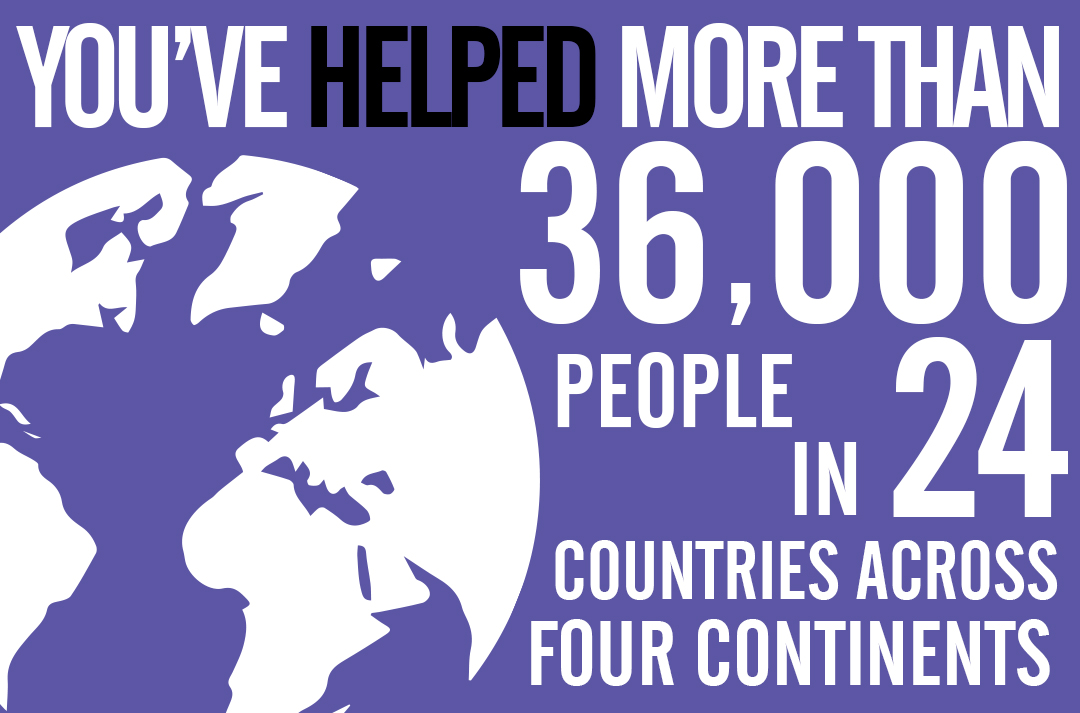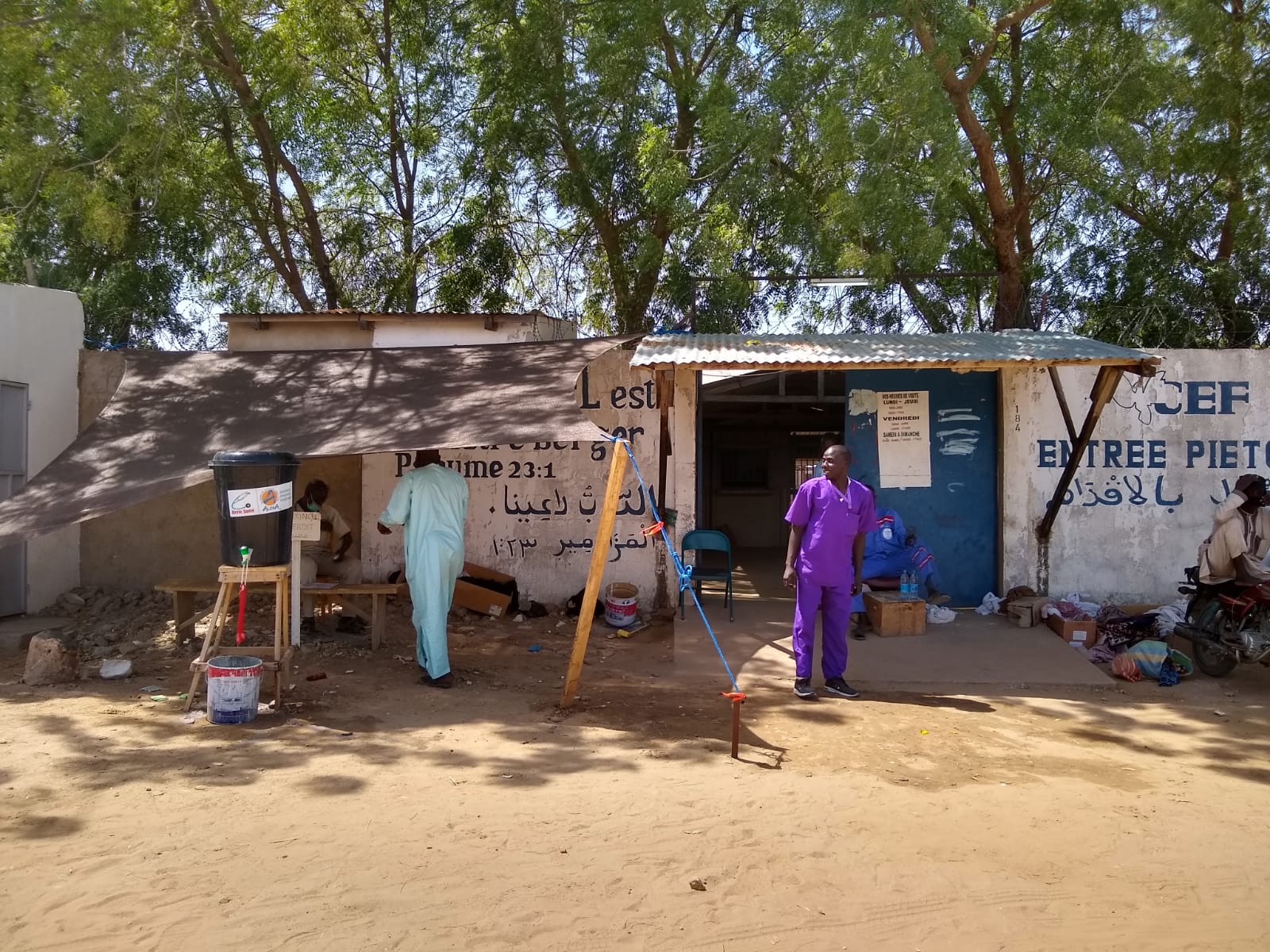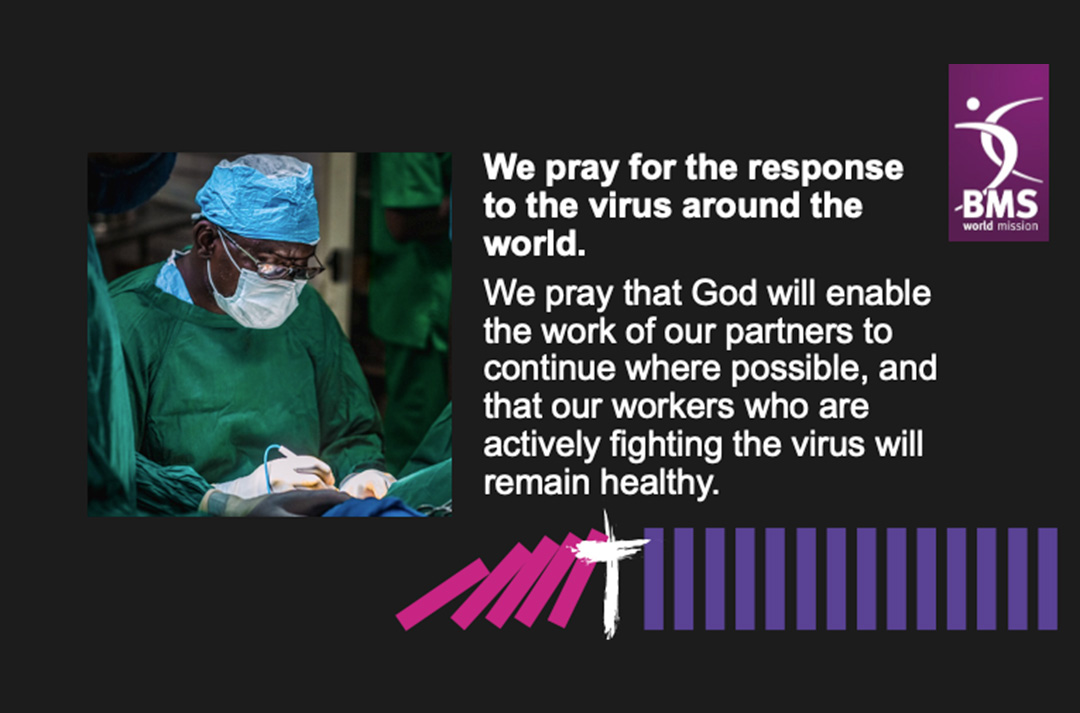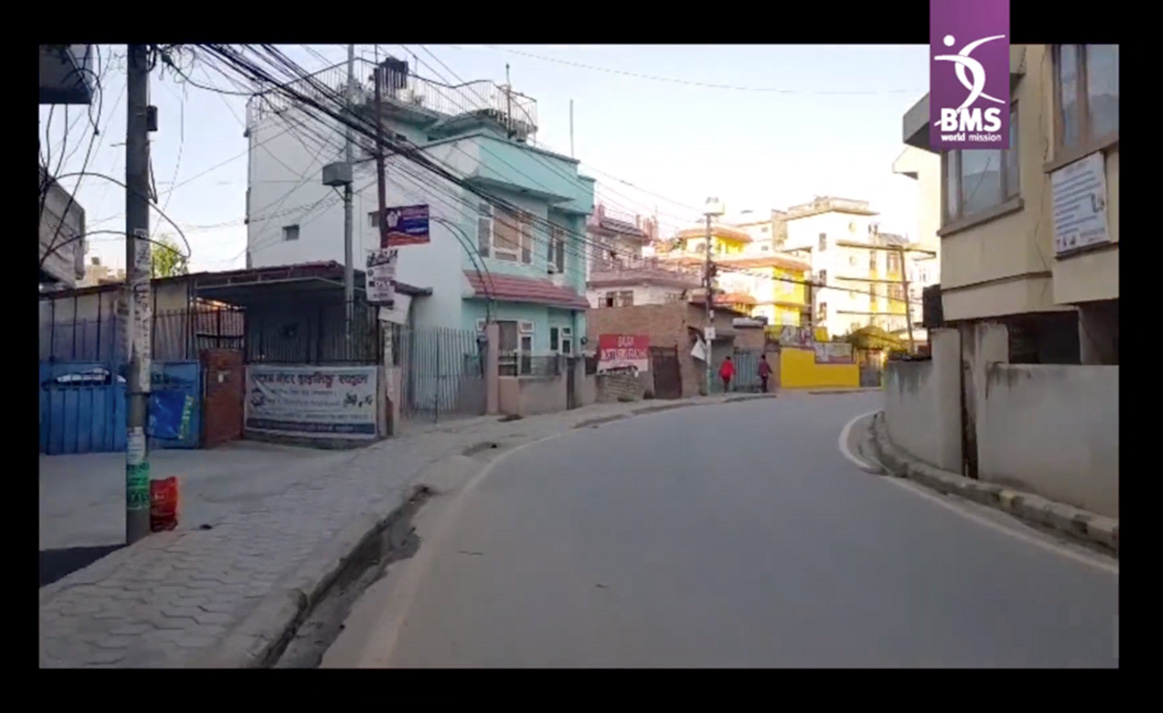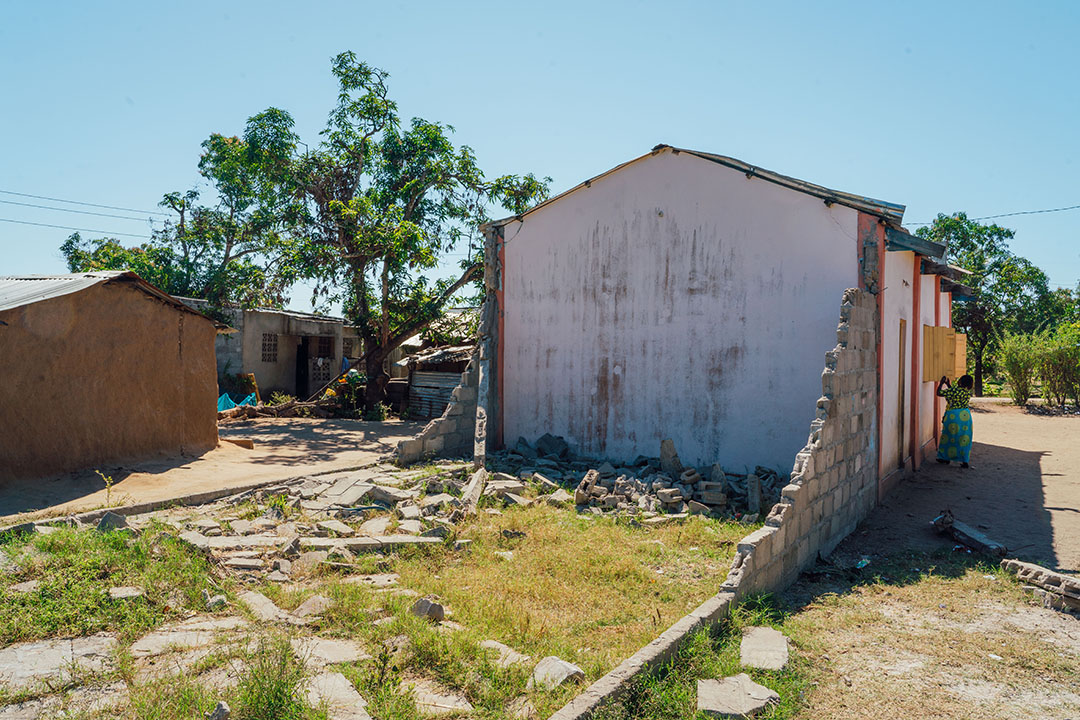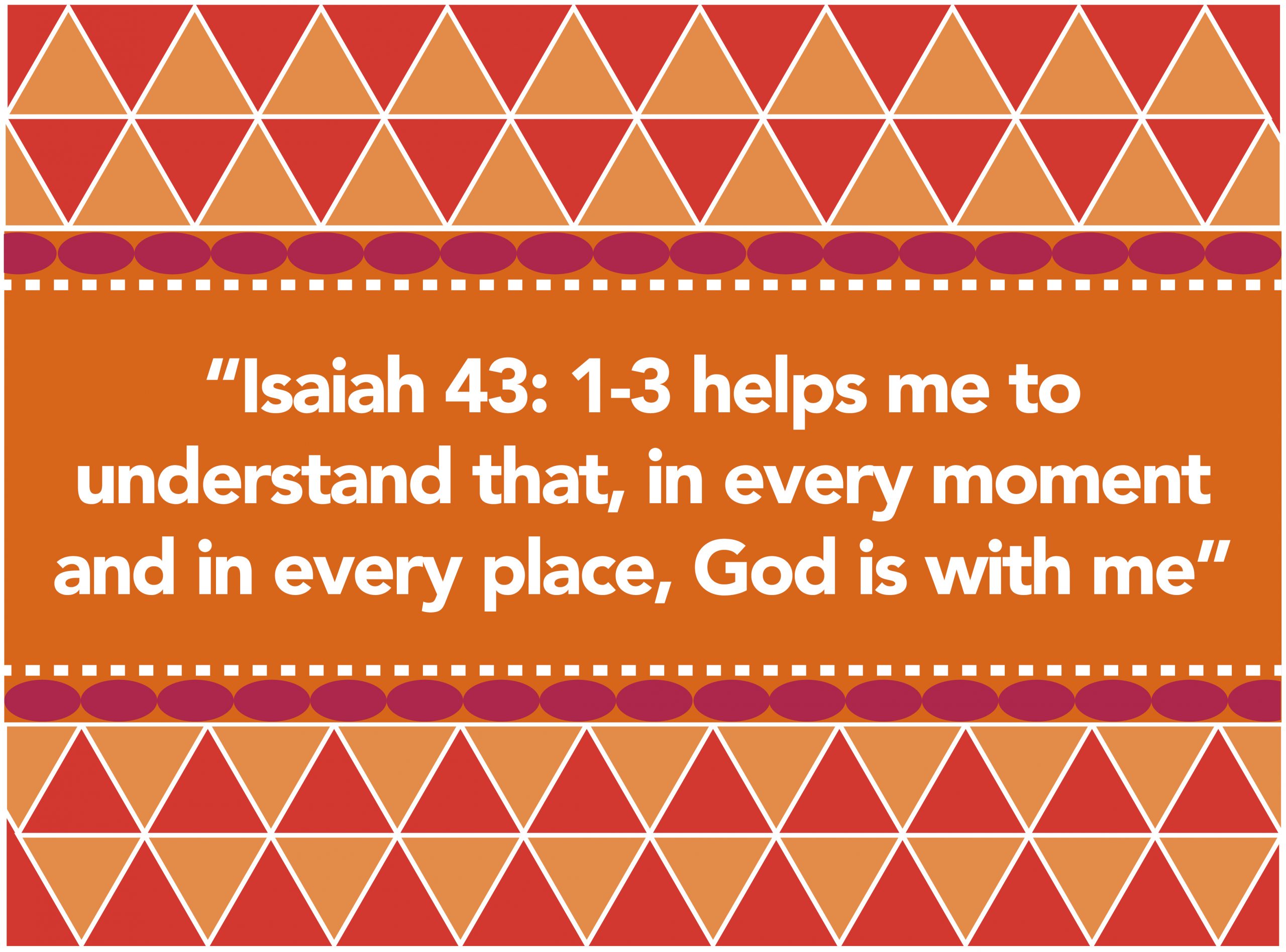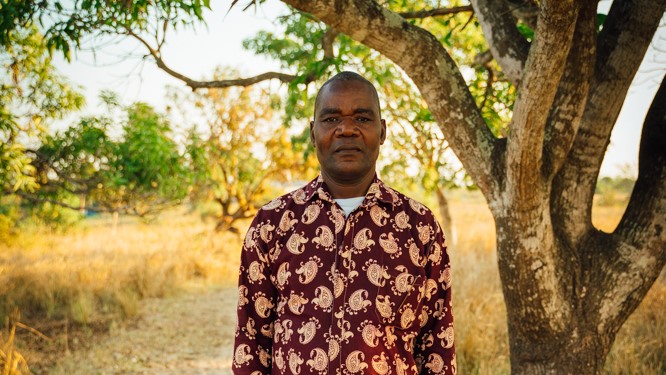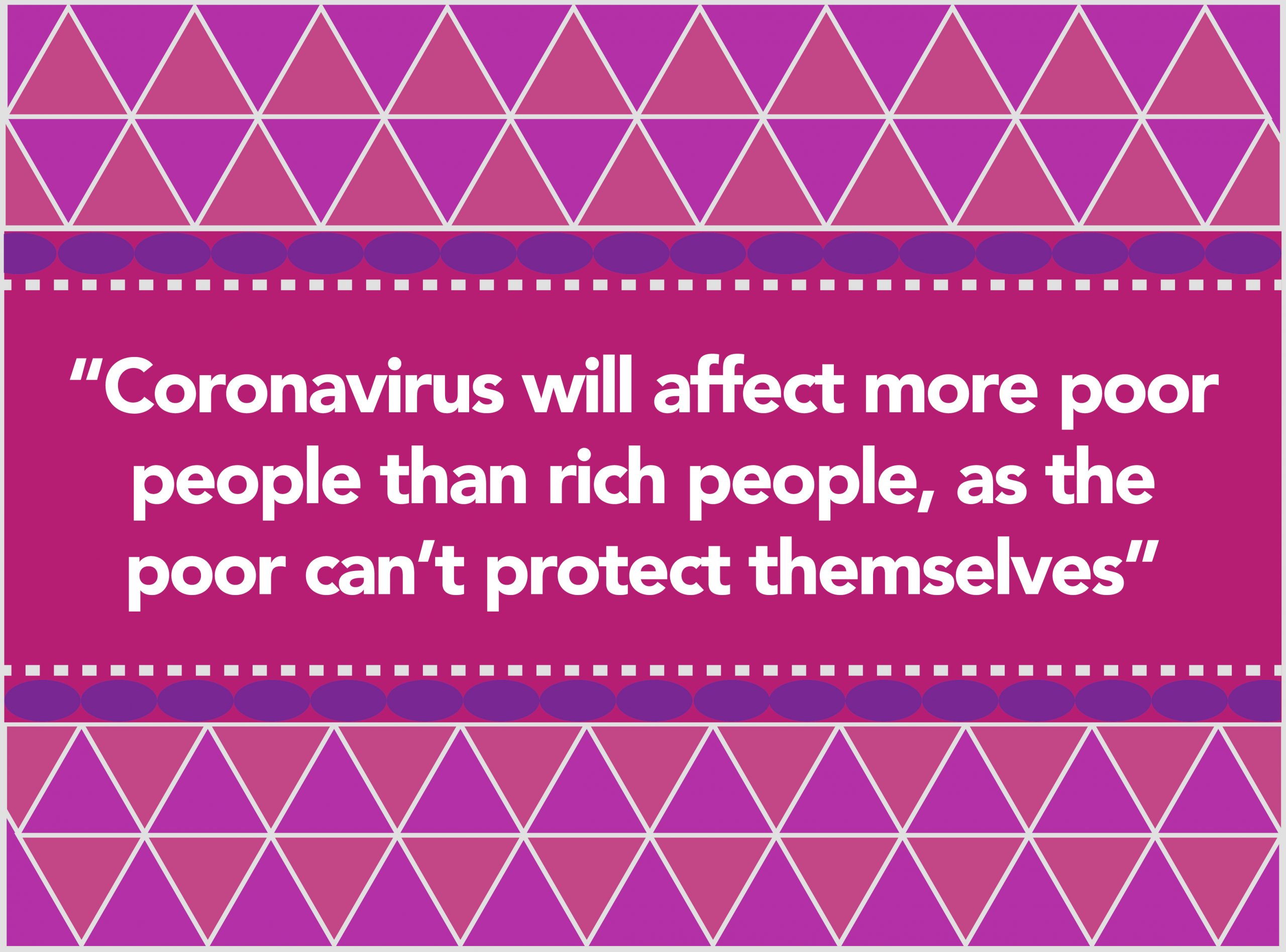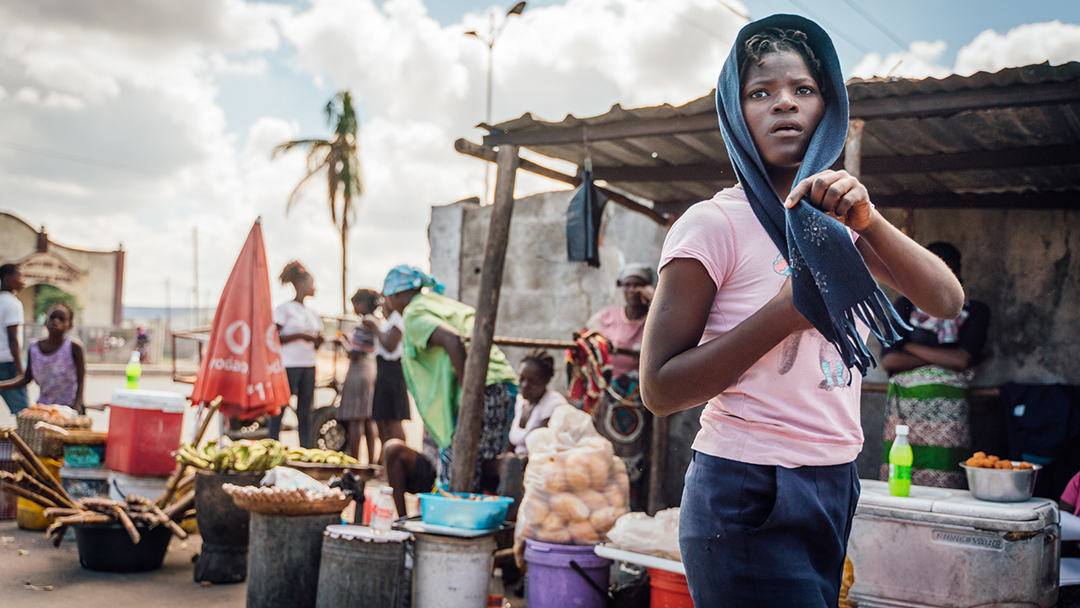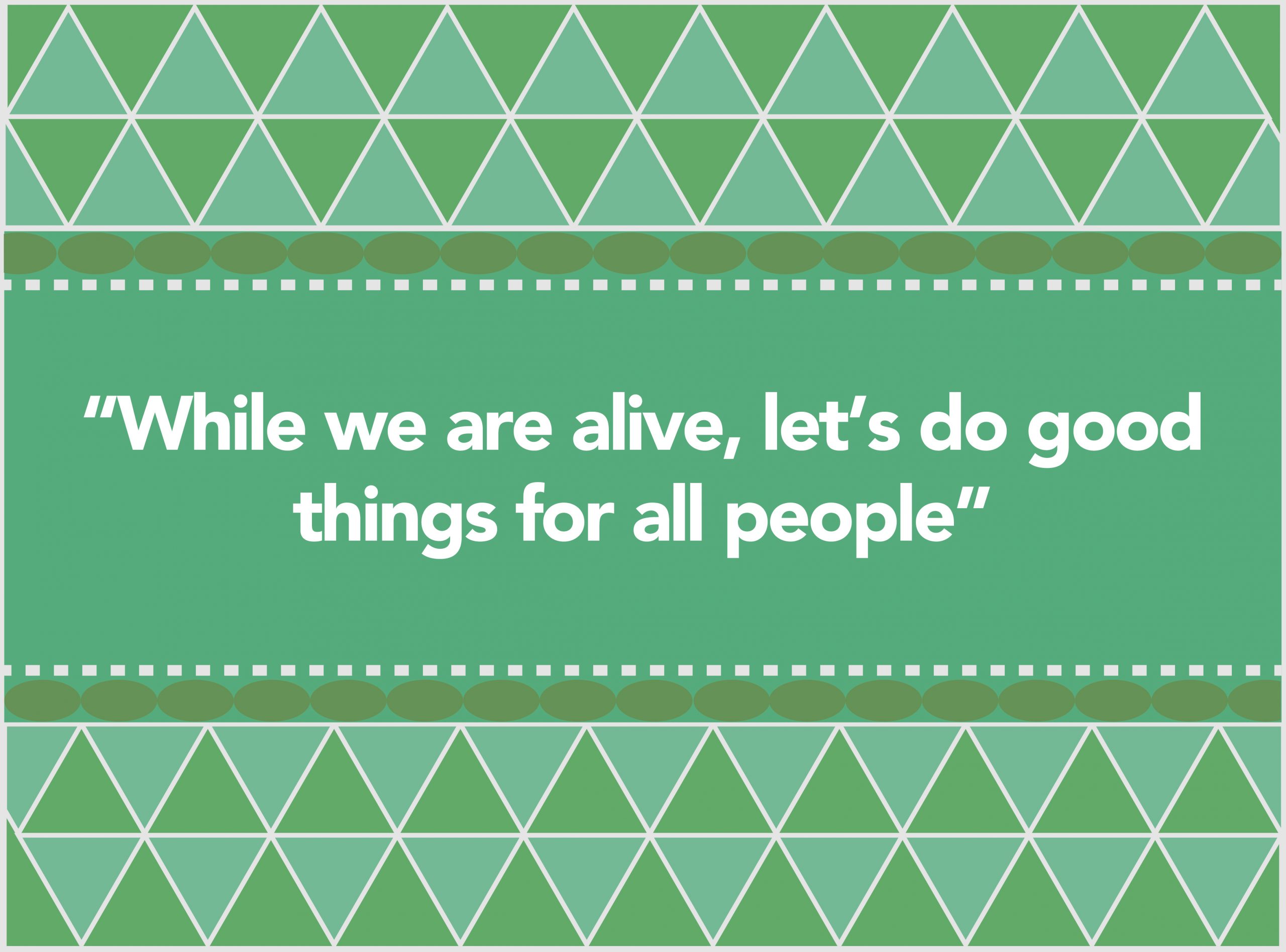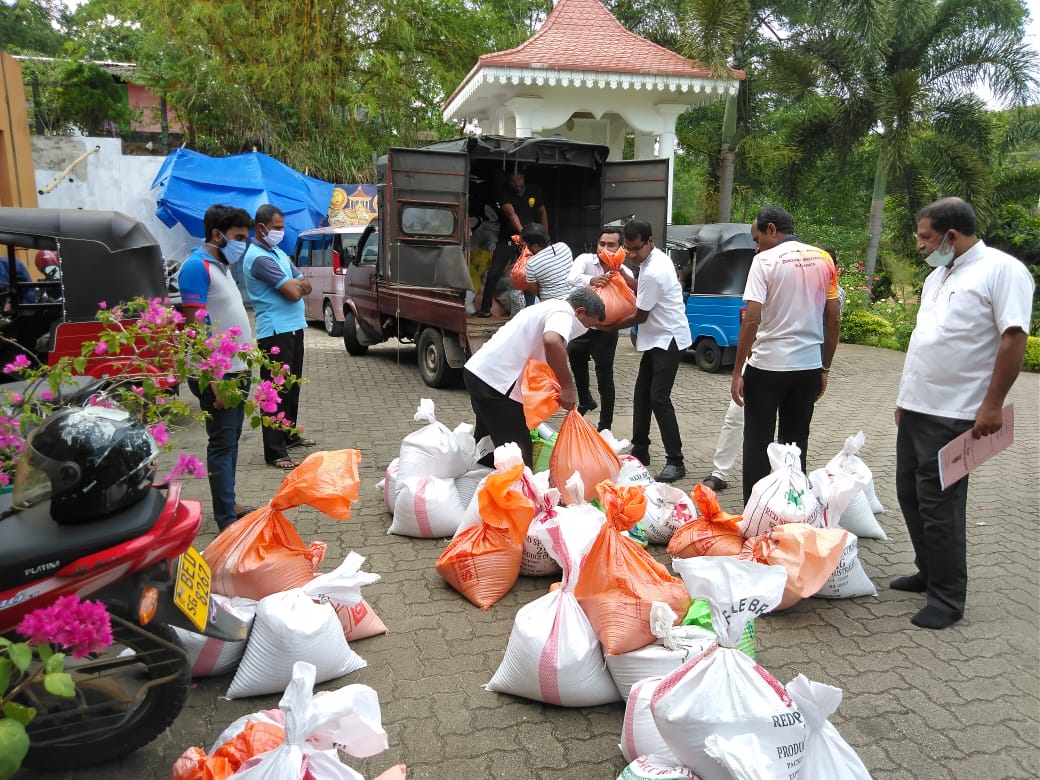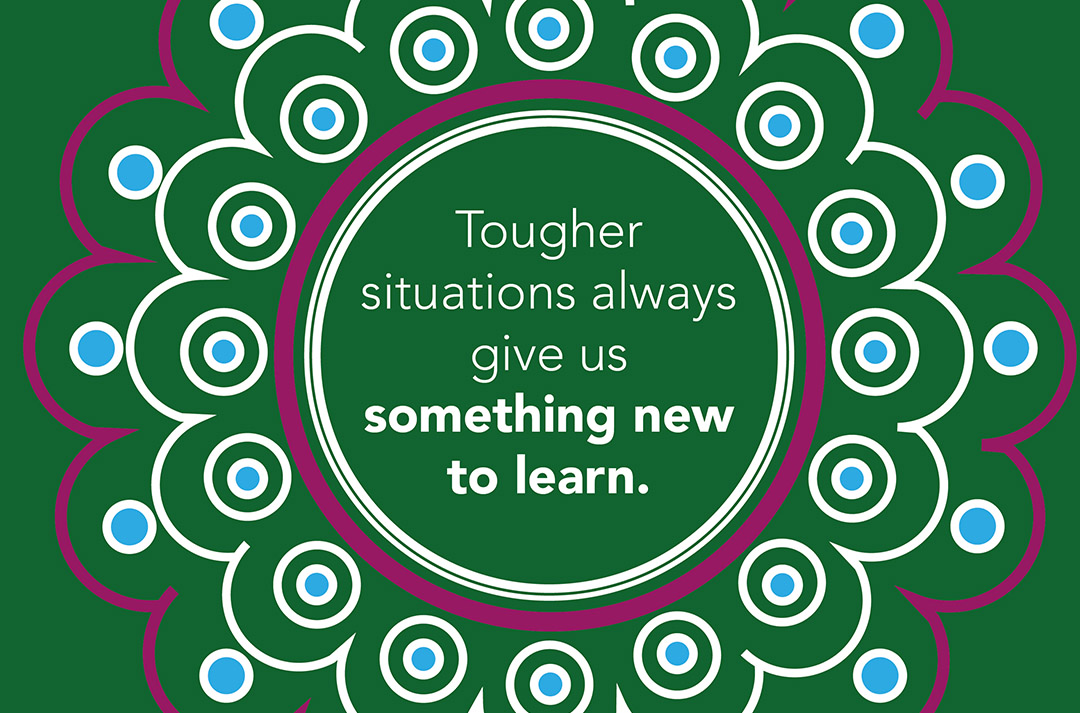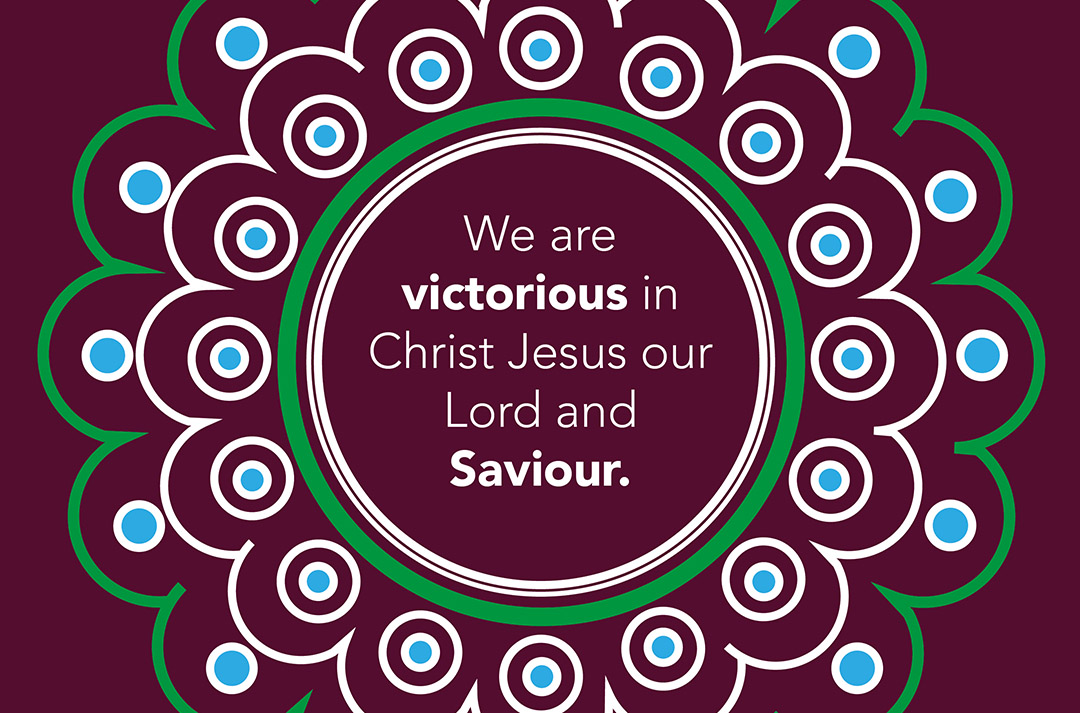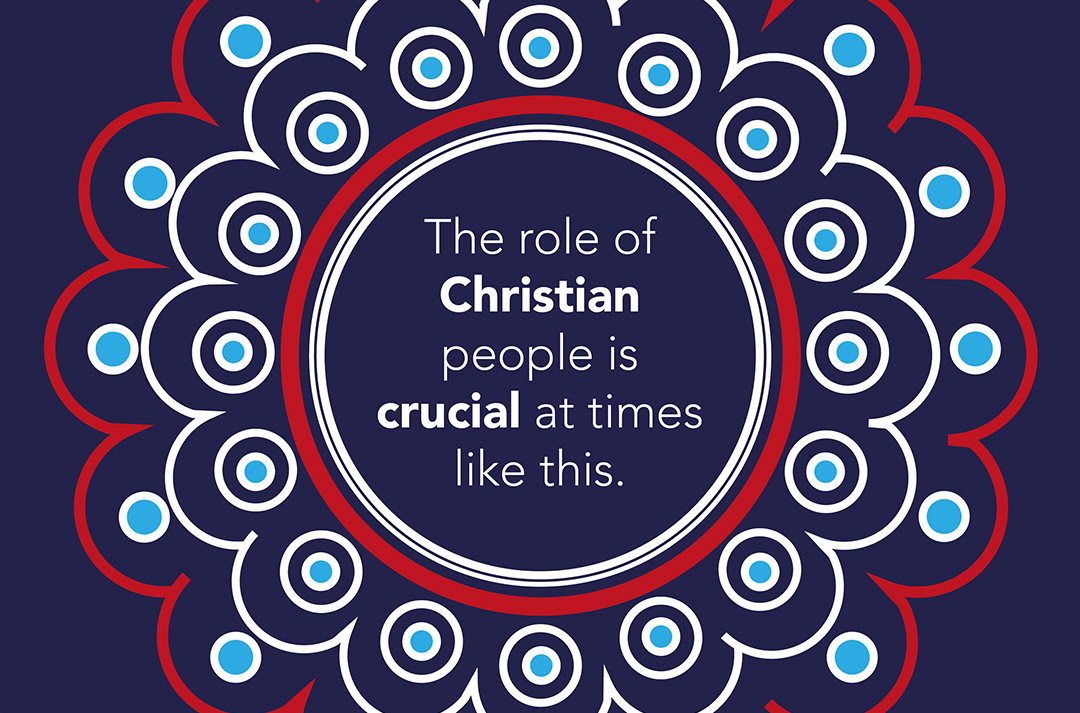Growing vegetables to transform lives
Saraab’s Garden
Growing vegetables to transform lives
What’s the connection between a carrot and a life transformed?
Spending time in the garden has been a lifesaver for many of us this year. And Saraab* is no different. In his garden, he grows carrots, pumpkins, cucumbers… the sort of things you would plant in your vegetable patch in the UK. Except Saraab isn’t in the UK – his village is in the rural mountains of Afghanistan, where resources are scarce, and the threat of the Taliban never goes away. You wouldn’t think growing vegetables could transform a life. But for Saraab, that’s exactly what’s happened.
“Children were malnourished. We are an impoverished people.” Saraab and his family live in a small village high in the mountains of Afghanistan. The temperature can drop as low as -40 degrees in the winter. Women tend the fires in their one-room houses built into the mountainside, while the men shovel snow off the roofs to stop it melting through. There’s no Tesco to pop down to where you can buy whatever food you need. No classes in school to teach you the basic food groups and how to eat a balanced diet. Here, you just have to do what you must to keep yourself and your family alive.
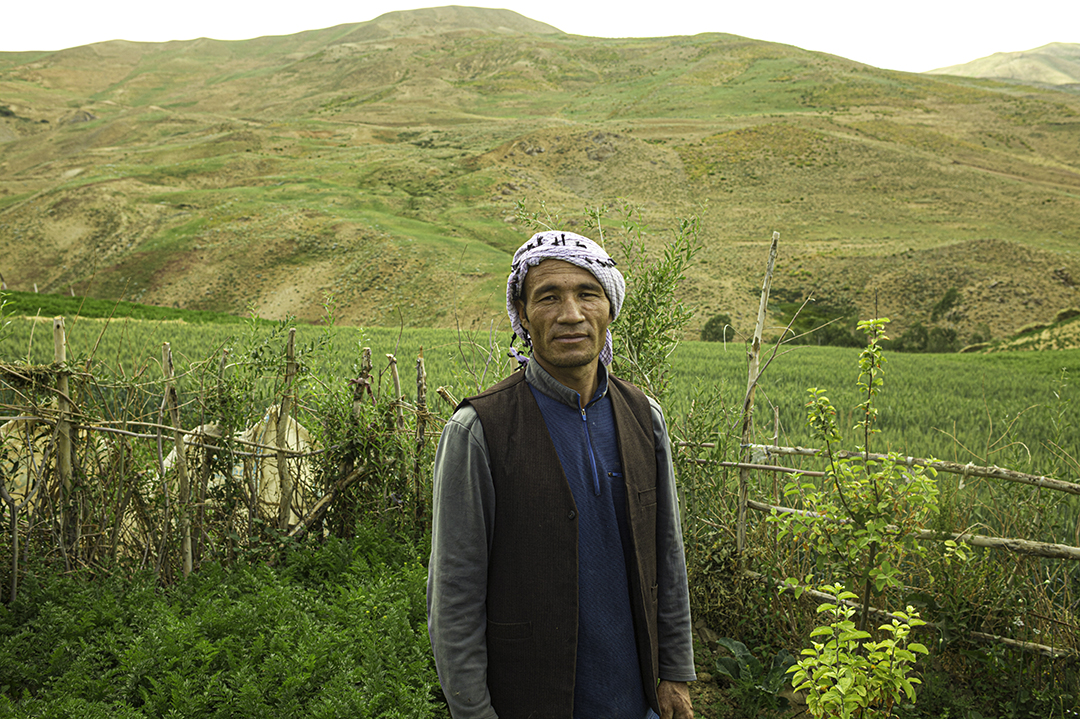
And this doesn’t just apply to putting enough food on the table. Many of you will remember our 2018 Harvest appeal, Life’s First Cry, teaching safe birthing practices to Afghan families who kept losing babies, and last year’s Christmas appeal, bringing clean water to rural villages in the Afghan mountains where the water wasn’t safe to drink. Saraab and the people in his village lived with these same hardships. But thanks to BMS World Mission supporters, that’s all changed.
Our people are deprived. And your help can change our lives.
Thanks to your support, Saraab doesn’t have to worry any longer about how he’s going to feed his six children. BMS’ partner works in rural mountain villages in Afghanistan to give people access to maternal health classes, information on clean water and sanitation – and to equip people to confidently grow their own food. “We didn’t know anything about vegetables or what they all were,” Saraab says. “But now we know about them and their importance to our bodies, and we all want to eat vegetables.” Thanks to you, Saraab has been able to grow a flourishing crop of healthy food, and make sure that his family never goes without. He knows how to feed his children well, to make sure they grow up strong and healthy, to keep them from dying from malnutrition like so many children in the village before them. All of this has been made possible through your faithful support – and that’s not everything!
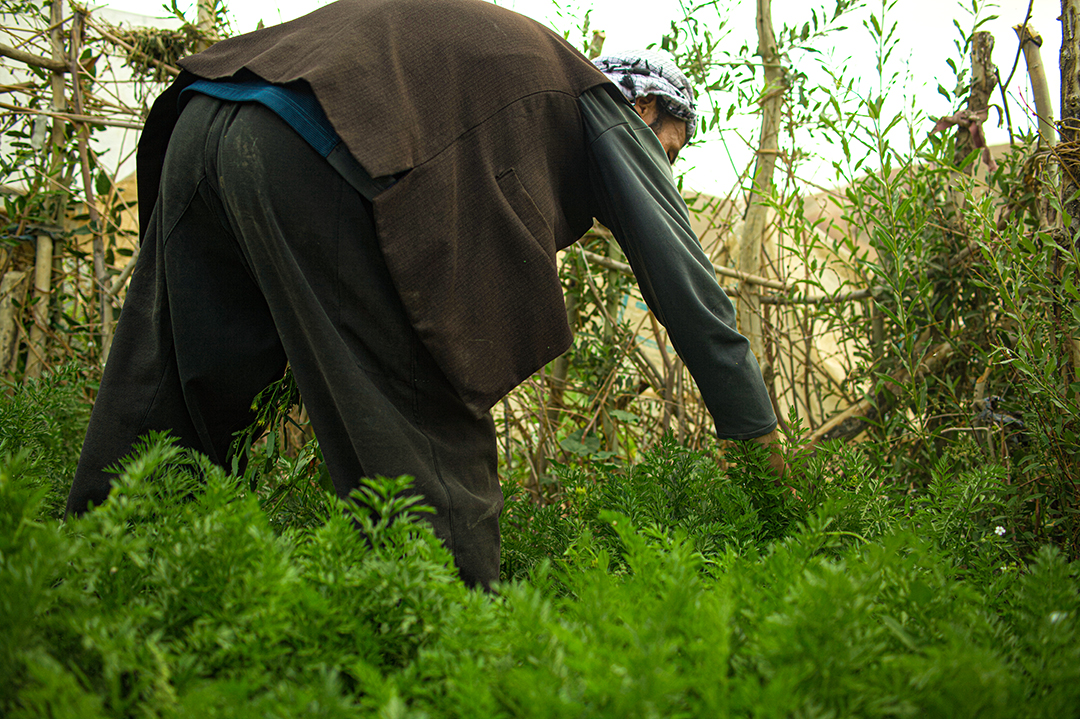
We’d love to keep you updated about what we’re doing. If you are already receiving updates from us then we will continue to communicate with you in the ways you’ve asked us to, but if you’d like to hear from us, or to change your mind, email supporterservices@bmsworldmission.org or phone 01235 517638. We will never sell your data and we promise to keep your details safe and secure – for more information read our privacy policy. We are registered with the Fundraising Regulator.
BMS worker Ruby* will soon be heading back to the mountains to help teach the women in the villages how to tend the land themselves. Traditionally, it would be the man’s role to pass on any agricultural knowledge from his time on the project, with the women learning through second-hand teaching from their husbands and brothers. But amongst all the other responsibilities of work, asking men to share knowledge this way just wasn’t effective. “They had varying results, depending on if the husband or brother took any of the information in or were just too busy to actually learn,” says Ruby. But with Ruby joining the team, she’ll be able to teach the women directly and empower them to grow their own food for their families – an unusual, but joyful sight for rural Afghanistan!
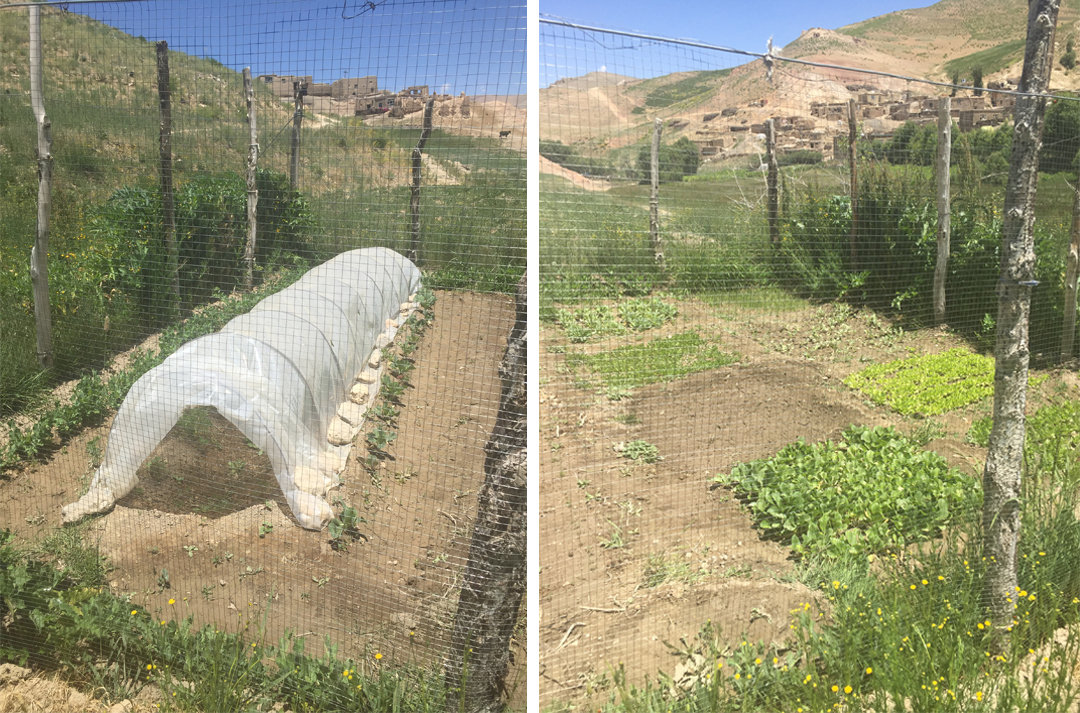
“Growing your own food is good because you can actually feed your family, no matter what’s happening around you,” says Ruby. And that’s exactly the case for Saraab – no matter what comes, he’ll be able to keep his family healthy and well. There are so many more villages to reach with the good news that they can grow vegetables, get access clean water, keep their mums and babies safe – and you can help us do that. “Our people are deprived,” says Saraab. “And your help can change our lives.”
*Names changed.
Words by Laura Durrant.



